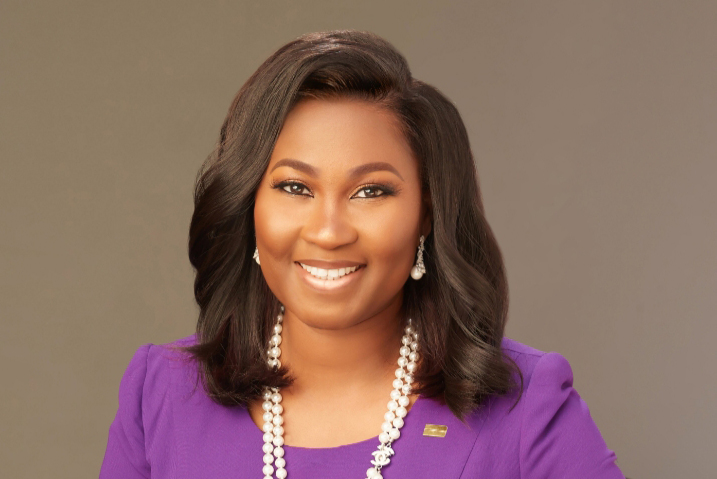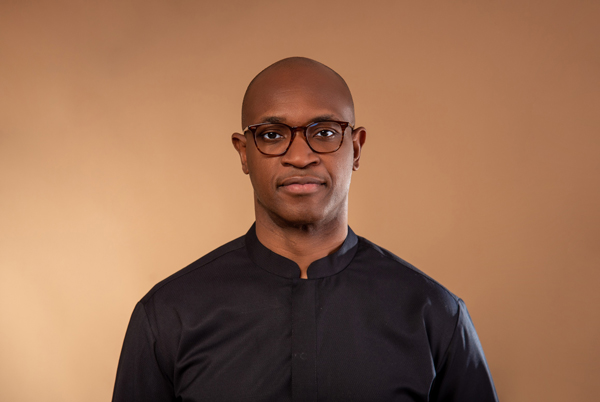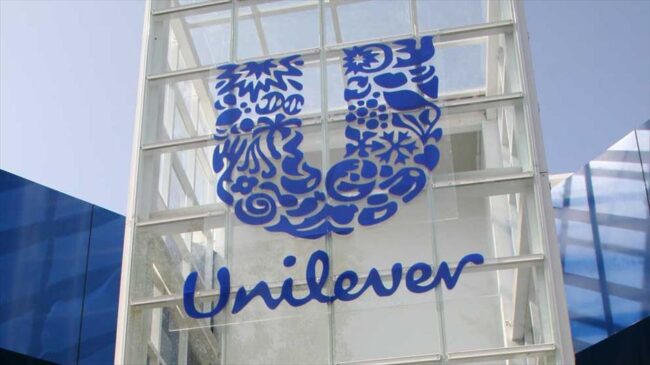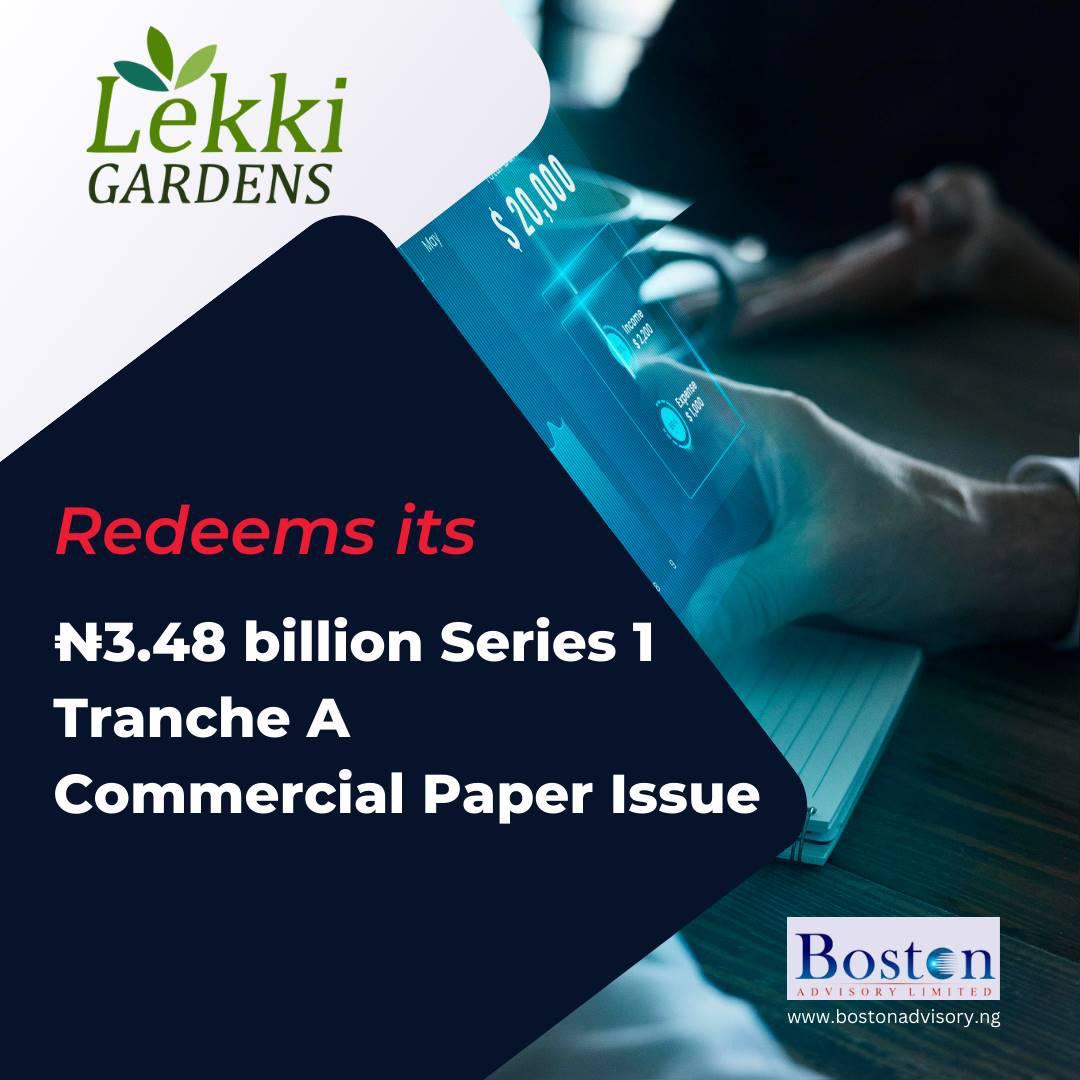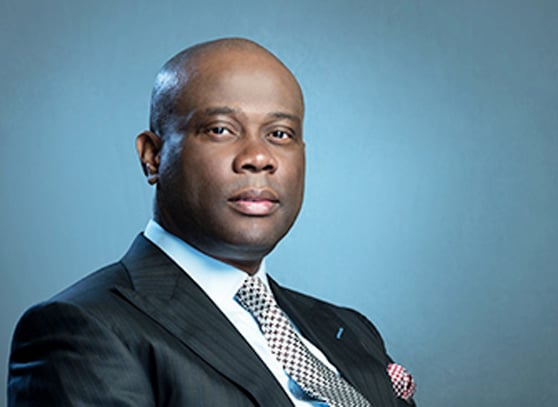Over 20,000 visually impaired Nigerians have successfully undergone free corrective surgeries. Their power of sight was restored via the Priceless Gift of Sight initiative of First City Monument Bank (FCMB) in partnership with the Tulsi Chanrai Foundation (TCF).
Altogether, more than 350,000 Nigerians in Cross River, Ogun, Kebbi, Imo, Abuja, Katsina, and Adamawa, among other states, have benefitted from free testing, optical services, surgeries, free glasses, and eye disease management through the initiative.
Showering encomiums on FCMB and TCF, Stephen Oyedokun, a beneficiary of the free eye surgery, said, “For many years, I have been using glasses. But suddenly, in April 2021, I felt my eyesight dwindling, and I could not see things well. The situation was becoming worse and affected everything I was doing. I then heard about the Priceless Gift of Sight programme. After visiting the hospital for assessment, I went through the surgery successfully. Everything was free. Today, I have my eyes and life back. From the bottom of my heart, I appreciate FCMB and Tulsi Chanrai Foundation for moving people from darkness to light.”
Another beneficiary, Helen Simon, expressed gratitude to FCMB for restoring her sight and the opportunity to move forward with her life. The trader revealed that she suffered from a severe eye defect and was losing hope until a neighbour informed her about the Priceless Gift of Sight programme.
“Initially, I doubted the programme. It was unreal for organisations to carry out free eye surgery for people. So, I went elsewhere for treatment, but the problem worsened. It did not get better. I returned to my neighbour, who directed me to the Tulsi Chanrai Hospital, where they examined me and recommended surgery. I had successful eye surgery, and my joy is now limitless. I thought they would ask for a payment, but to my surprise, everything was free. We were given food, bed, and drugs for free. It was later I learnt that it was a Bank called FCMB that sponsored our surgery and everything. I don’t know how to thank FCMB, but I know God will reward the Bank more.”
FCMB initiated the priceless Gift of Sight in 2009. The Bank aimed to lessen the prevalence of avoidable blindness and unnecessary visual impairment in Nigeria’s rural and peri-urban communities. First City Monument Bank’s implementing partner is the Tulsi Chanrai Foundation, a foremost non-governmental organisation enhancing the availability and affordability of health care services in remote areas of Nigeria. TCF’s three focus areas are restoring sight, ensuring access to primary health care, and providing safe drinking water.
Arun Blasi, Administrator of TCF Eye Hospital in Abuja, said, “We have worked with FCMB for fourteen years. It has been a very healthy relationship, benefitting thousands of people. With the Bank’s support, we have performed 20,000 successful eye surgeries and reached over 30,000 outpatients. We thank First City Monument Bank for its support over the years and request that the Bank continue to work with us to turn around the lives of people for the better.”
According to Blasi, the Foundation visits communities across Nigeria for eyesight screening outreach programmes. It transports those discovered to have eye defects and admits them for two to three days for further tests and surgery. During this period, the Foundation provides all their medical needs, including feeding. After the surgery and monitoring, they are discharged and transported back home. The entire cycle is completed without any cost to the patients.
Ladi Balogun, FCMB Group Chief Executive, said blindness is a disability that often causes loss of income and extreme poverty. Simply because it restricts mobility, begets social isolation, poor mental health, and limited access to information. He called for improved advocacy and the need to make eye care an integral part of universal health coverage.
Indeed, about 90 per cent of all blind people are in the world’s poorest countries, indicating how needless blindness inhibits social and economic improvement. A recent Unite for Sight Foundation report concludes that poverty exacerbates blindness, and blindness exacerbates poverty. Blindness robs most of its victims of productive powers. As a result, they will likely be unable to make ends meet for themselves and their families, fuelling poverty.
Yemisi Edun, Managing Director of FCMB, disclosed that over one million blind adults live in Nigeria. She said the need to prevent more from going blind because they cannot access eye care birthed the Priceless Gift of Sight, which has flattened the curve.
“We are pleased that the Priceless Gift of Sight is bridging the gap, preventing avoidable blindness, and restoring the sight of disadvantaged and lower-income Nigerians. We have received lots of positive feedback from beneficiaries. I thank Tulsi Chanrai Foundation for partnering with us to help thousands of Nigerians regain sight and lead productive lives.”
In Nigeria, blindness is one of the most neglected health challenges despite its link to a downward spiral into aggravated poverty. The World Health Organisation (WHO) believes the visual impairment of one person affects four other persons who spend the productive times of their lives as caregivers for blind persons. So, they cannot live quality lives because they must care for a blind family member.
Therefore, there is a need for urgent intervention from healthcare stakeholders, development partners and well-meaning private sector operators willing to emulate First City Monument Bank’s strides. In addition, healthcare stakeholders must put up programmes to tackle the challenge of blindness in the country.
Add a comment
